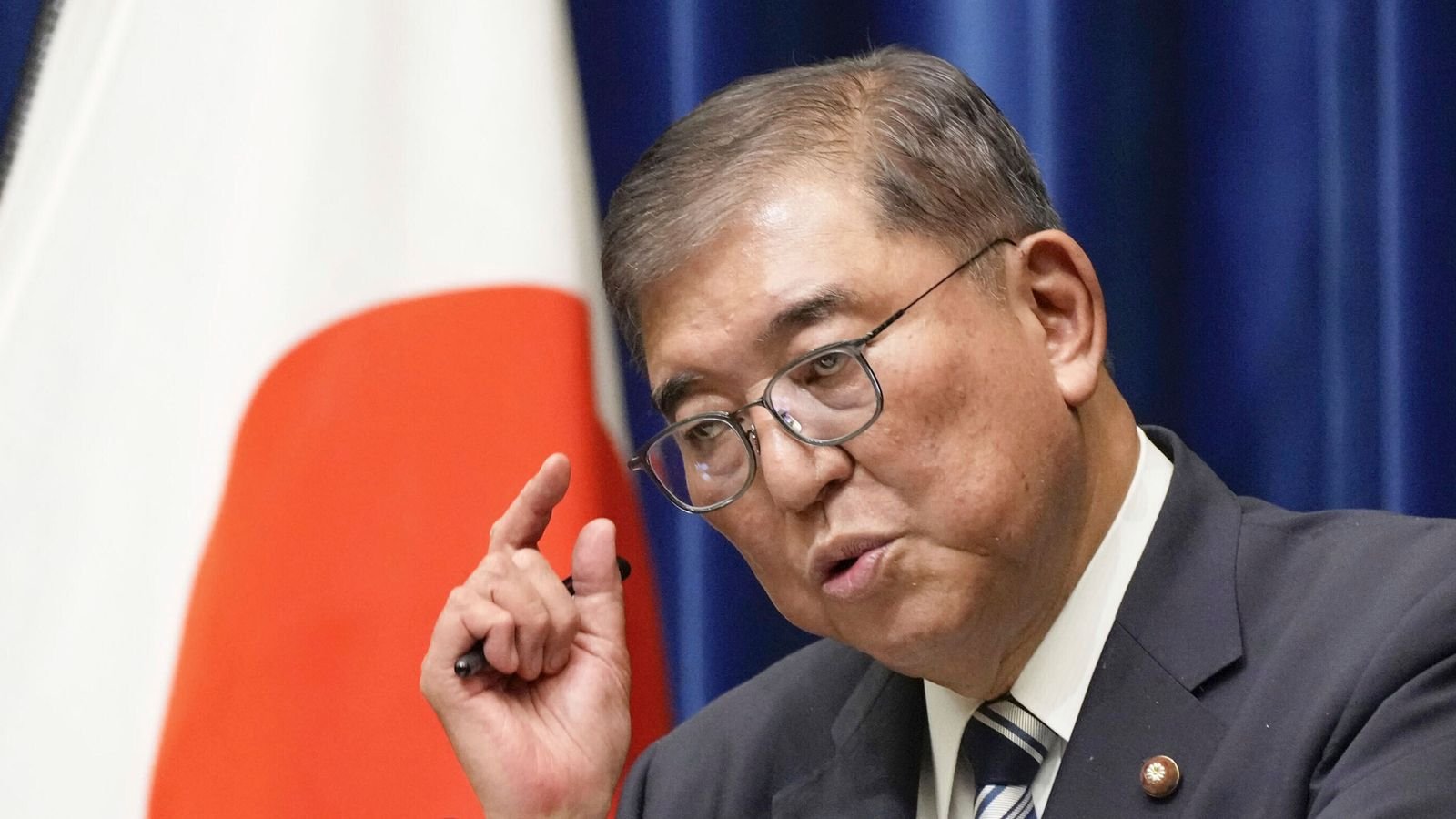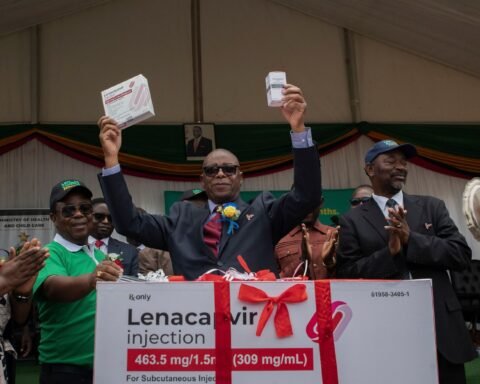Japanese Prime Minister Shigeru Ishiba announced his resignation on Sunday, September 7, 2025, following significant electoral setbacks that led to mounting pressure from within his party, the Liberal Democratic Party (LDP).
Ishiba’s decision comes after the LDP suffered historic defeats in both the House of Representatives and the House of Councillors, losing its majority in both chambers of Japan’s parliament.
Ishiba, who assumed office in October 2024, faced challenges including rising living costs and internal party dissent. The LDP’s losses in July’s elections weakened its majority, intensifying dissatisfaction among party members.
In his resignation speech, Ishiba expressed deep regret over his inability to restore public trust in politics, particularly in light of a longstanding funding scandal that had affected the party.
Also Read; Trump Criticizes Russia-India-China Growing Alliance
He stressed the importance of a smooth leadership transition to ensure stability and maintain confidence in Japanese governance.
The LDP is now preparing for a leadership election to select a new party president. Potential candidates include former Foreign Minister Toshimitsu Motegi, Chief Cabinet Secretary Yoshimasa Hayashi, and party veterans Sanae Takaichi and Shinjiro Koizumi.
Ishiba’s resignation marks a pivotal moment in Japanese politics, highlighting the challenges faced by established parties in maintaining public support amid evolving economic and social dynamics. The outcome of the upcoming leadership election will determine Japan’s next leader and could have lasting implications for the country’s political landscape.







